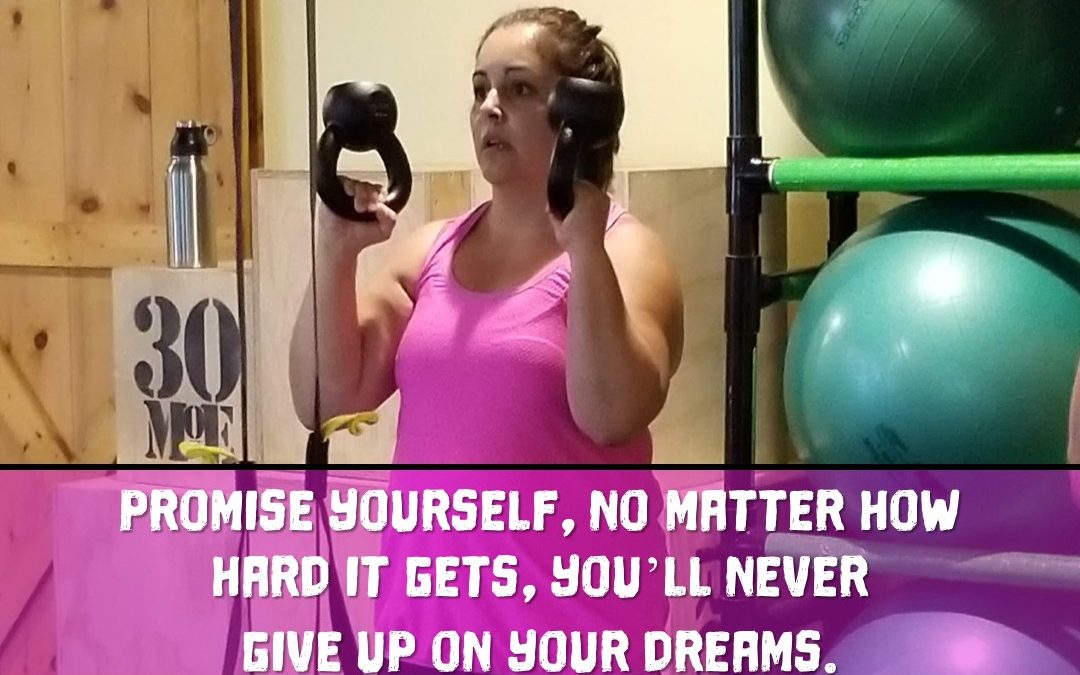I’m typically not a procrastinator. I like to get things done ASAP! However, I have to be honest, it’s 4:30pm Sunday night as I’m writing this email. I’m usually done by Friday or Saturday! Nope, not this time. I found a lot of other things to do instead. I just kept putting it off until I couldn’t. Not for any good reason, believe me. I had a lot of energy and was on a roll of getting things done outside. Well, now I must sit at my computer all stinky because I was outside a lot and I need to write this email. So why do we procrastinate?
Procrastination means you are delaying doing something, even if you know it’s against your better judgement. If you know it’s a bad idea and you’ll probably have negative consequences, why do it? Here’s where it gets interesting. People delay doing something they don’t really want to do. The thing they don’t want to do can be because they just don’t want to do it (i.e. cleaning a toilet) or because doing it is associated with a negative feeling (i.e. self doubt, low self esteem, anxiety). When someone procrastinates, the negative feels temporarily go away. This feels good so procrastinating becomes a learned behavior to manage negative emotions. Delay doing something for as long as you can so you don’t feel bad. Kinda getting it? Ok, so there are different types of procrastinators.
- Arousal types or thrill seekers: these people wait until the last minute to do something because they like the euphoric rush!
- Avoiders: these people avoid doing a task because they’re avoiding the emotion associated with the task (i.e. fear of failure, fear of success, fear of what others will think) or just delaying doing something they don’t like.
- Decisional procrastinators: these people can’t make a decision. Not making a decision takes away the responsibility and accountability for the outcome of the task.
Chronic, repeated procrastinating can have negative impacts on someone’s health and relationships. Your immune system can be weakened so you are more susceptible to colds and flu. Procrastinators tend to have more insomnia, alcohol related issues, and gastrointestinal problems when compared to non-procrastinators. Being a procrastinator can also effect relationships because you shift your responsibility onto others and you’re not a team player that people can count on. So how can you stop procrastinating?

Remember that procrastinators aren’t poor time managers, they’re poor emotion managers. Trying to work on their time management skills is pointless. You have to get to the emotions behind the delay of doing something. Delaying doing something is a “reward” to a procrastinator. In order to change that reward habit, you have to find a bigger, better reward than delay or avoidance. This isn’t easy to do. Changing this reward has to come from within, not an external reward. Psychologists suggest forgiving yourself in the moment when you procrastinate and treating yourself with kindness and understanding when you make a mistake or fail. You can also try some of these techniques:
- Cultivate curiosity: When you want to procrastinate, stop and think about the feelings that you are experiencing at that moment. Pay attention to how your body feels when you think about those feelings.
- Consider the next action: While you’re doing something, even if you don’t like doing it, think about the next step. What has to be done next? Do it. Motivation follows action and leads to more motivation. Nike said it best, “Just do it”.
- Make your temptations less convenient: Place an obstacle between you and your distractions. For example, if you find yourself wanting to check your phone often, put your phone in another room or turn it off.
- Consider the big picture: Don’t focus just on the immediate present when faced with something, think about the bigger perspective of in the future.
- Make a list: People can procrastinate because they’re overwhelmed and don’t know where to start or what to do first. This can make someone feel incompetent, which starts that negative emotion cycle. Instead, decide to make a “figure it out” list. This will give you ideas of where to start.
The next time you put something off, be aware of what you’re doing and feeling. For me, putting off this email was pure avoidance because I didn’t want to sit anymore. I wanted to do something active, outside. I was tired of sitting at my computer so I was avoiding that task. I love writing these emails and I always have a lot to say so it wasn’t emotional for me. I just didn’t want to sit anymore. However, I put off doing online videos for so long because I don’t like making mistakes and I had no idea how to do it and was certain I’d stink at it. THEN the pandemic hit and I had no choice! I was thrown into having to quickly deal with my emotions about making mistakes because my videos were real time, which meant my mistakes would be LIVE! Gulp! Oh yes, I procrastinated and then I couldn’t. The point is that dealing with whatever negative emotions you have about a task or your performance of a task is “normal” (whatever that means anyway). Acknowledge them. Think about them. Figure out how to make peace with them. Don’t let them beat you up.

